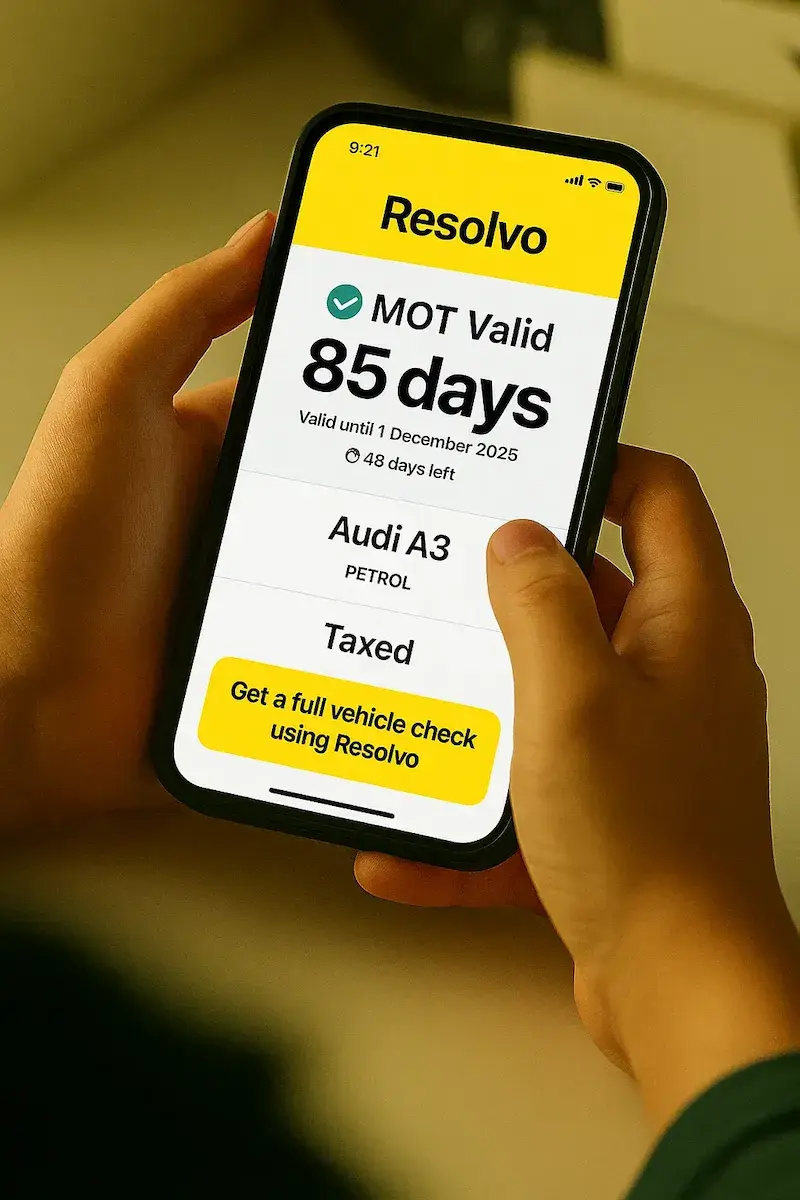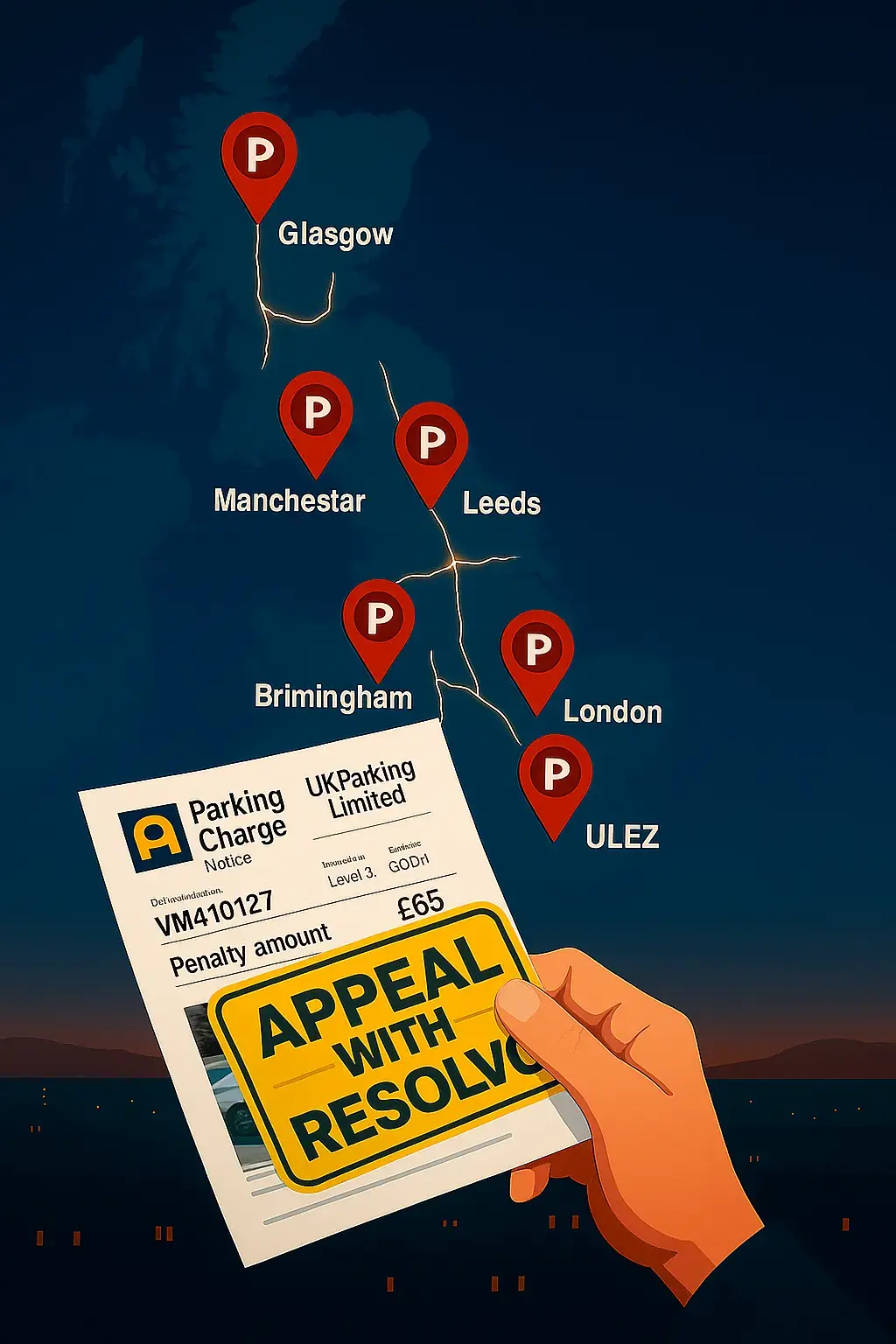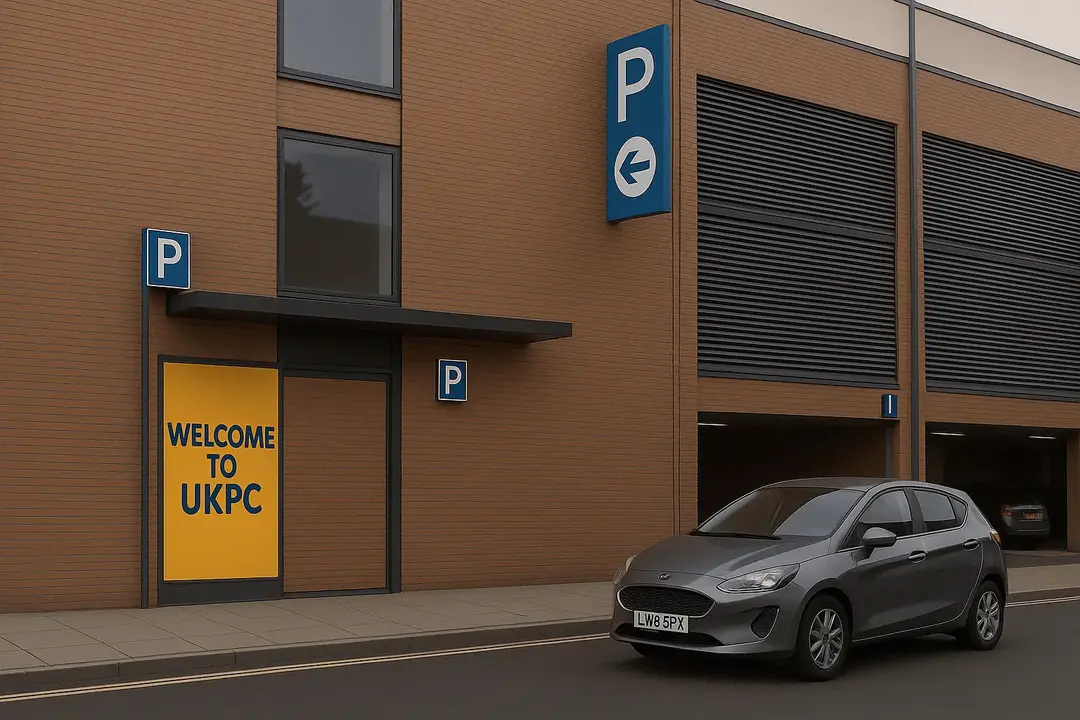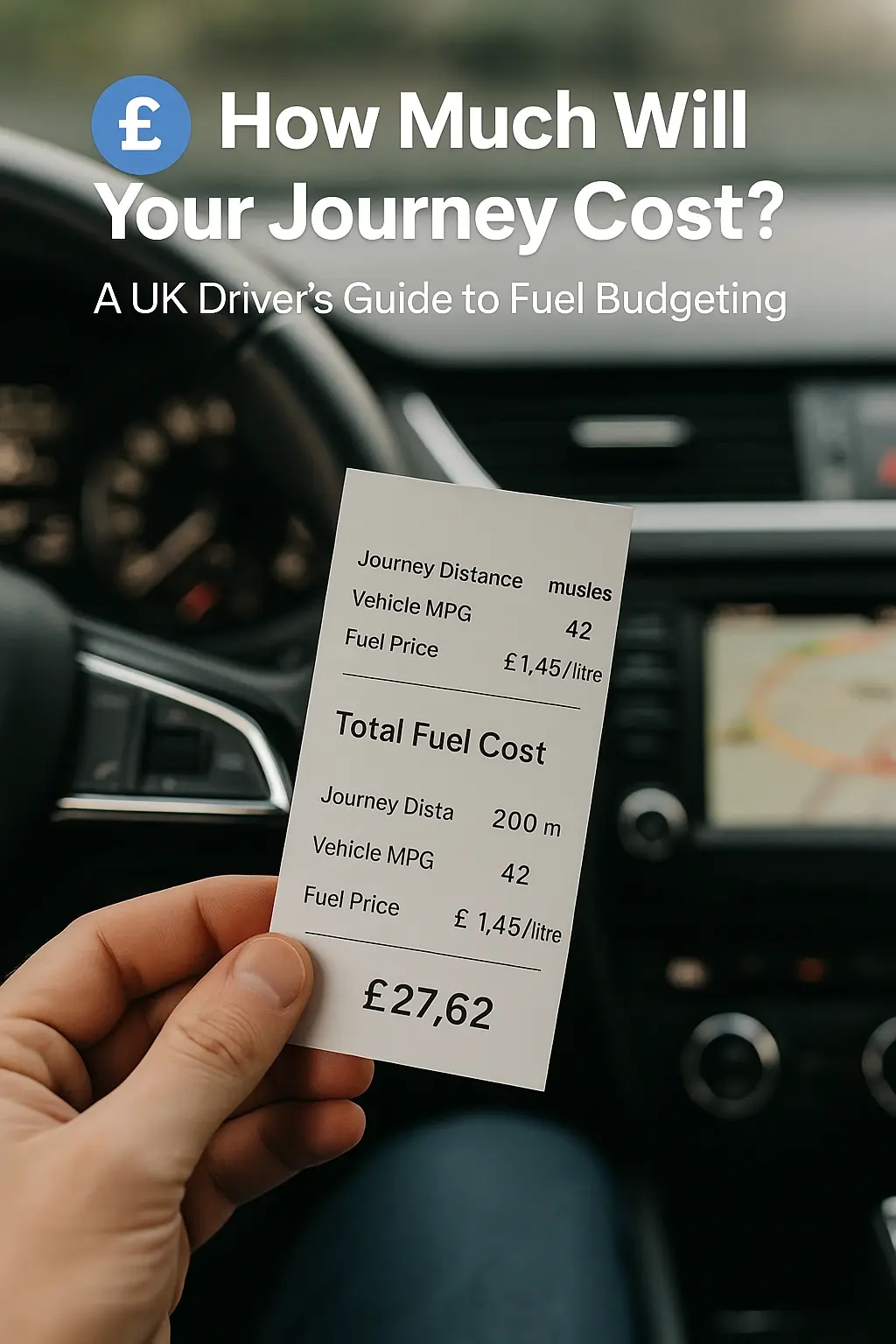If you’re thinking about driving a new car without the hassle of buying or leasing long‑term, the car subscription model might be for you. Unlike traditional ownership or finance, subscriptions aim to bundle many costs into one monthly fee. But how does it work in the UK, what are the costs, and is it the right option for you? Let’s dive in.
🔧 How Car Subscriptions Work
At its core, a car subscription is a monthly payment for access to a vehicle — typically including things like road tax, servicing, maintenance, and sometimes insurance. Here’s a typical process:
Choose a provider and the model you want.
Agree a term length (often from 1 month upwards) and a mileage limit.
A monthly fee is set — often one payment covers many of the running costs.
You drive the car, and at the end of the term you can return it, swap, or extend.
For example, one UK provider offers city‑cars from around £300+ per month, while premium models can cost £599–£1,200+ per month on subscription. (Bumper)
✅ Pros of Car Subscriptions
Flexibility: You’re not locked into a 3‑5 year contract like traditional leasing. Many UK subscription services start from 1‑3 months.
All‑inclusive fees: With many subscriptions the monthly cost includes tax, MOT, servicing, and sometimes insurance — simplifying your budgeting.
Try different vehicles: If your lifestyle changes (family grows, city vs country driving, EV vs petrol) you can switch models more easily than owning.
Lower upfront commitment: Some subscriptions require little or no large deposit, unlike purchasing or long‑term leasing.
⚠️ Cons & Things to Watch
Monthly cost vs value: Flexibility often comes at a premium. Even with lower upfront cost, a subscription might cost more per month than a long‑term lease for the same car.
Mileage allowances: Many plans include a cap. Exceeding it may incur per‑mile charges. (carsloth.com)
Availability & choice: Subscription fleets may be smaller, older or less varied than buying outright or long‑term leasing.
Hidden extras: Watch out for joining fees, delivery/collection charges, insurance exclusions or damage/cleaning fees at end of term.
📊 Comparing Subscription vs Traditional Options
Feature | Subscription | Buying / Leasing |
Commitment | Shorter term, often monthly | 3‑5 years common |
Included services | Many inclusive (tax, MOT, servicing) | Often extra cost for servicing, insurance |
Up‑front payment | Lower deposit | Higher deposit/loan payments |
End of term options | Swap / extend / return | Own it or hand back (leasing) |
Cost efficiency | Good if you need flexibility | Often better value if keeping long term |
If you plan to keep a car for several years and drive moderate miles, conventional leasing or buying may be cheaper. On the other hand, if you value flexibility, a subscription could suit you better.
🧐 Key Questions You Should Ask
What’s the minimum term and how easy is it to cancel or swap vehicles?
What’s included in the monthly fee (tax, MOT, insurance, tyres)?
What’s the mileage limit, and what happens if you exceed it?
Are there joining/admin fees, and what condition must the car be in when you return it?
How does the subscription compare cost‑wise with a lease or purchase for your usage scenario?
🎯 Is It Right For You?
A subscription may be the right choice if:
You drive fewer miles (< ~12,000 miles/year) and value flexibility.
Your lifestyle may change (job, location, family) so long‑term commitment isn’t ideal.
You want to avoid large upfront payments and prefer all‑inclusive budgeting.
It may be less ideal if:
You drive many miles annually.
You plan to keep a car for many years.
You want to own the vehicle or prefer long term value from ownership.
📝 Final Thoughts
Car subscriptions offer a compelling alternative to traditional ownership or leasing — especially for drivers who value flexibility and want fewer commitments. But they’re not automatically the cheaper option. Like any car decision, the best value comes down to your usage, mileage, and how long you plan to keep the car.
Use the subscription model to your advantage by being clear about terms, checking inclusions, and comparing with other finance models based on your lifestyle.
And if you ever need help with your car‑finance choice or want assistance if you’ve been hit with an unfair parking fine — Resolvo is here to help.
Related Posts

MOT Guide: Check Your MOT, Avoid £1,000 Fines + Invalid Insurance
10 November 2025
Check if your MOT is valid before you get fined. Free MOT checker shows expiry, full test history & advisories. Takes 10 seconds, could save you thousands

Hidden Costs of Owning a Car: What Most Drivers Don’t Expect
9 November 2025
Hidden Costs of Owning a Car: What Most Drivers Don’t Expect
What Are CO₂ Emissions — and Why Do They Matter for Drivers?
30 October 2025
What Are CO₂ Emissions — and Why Do They Matter for Drivers?

Got a Parking Fine? Upcoming Rules Could Save You
20 October 2025
Got a parking ticket? Learn about how upcoming government rules could change how fines work, what your rights are, and how Resolvo will help you fight back

1000+ 1-Star Reviews: Is UKPC the Most Hated Parking Company in the UK?
25 May 2025
Thousands of drivers say UKPC issued unfair parking fines. We analysed real Trustpilot reviews to show what’s happening — and how to appeal with Resolvo, free.

Calculate Your Car Journey Fuel Cost in Seconds
6 November 2025
Planning a drive? Use our free Journey Price Calculator to estimate your fuel cost quickly. Enter distance, MPG & fuel price — no registration required.
